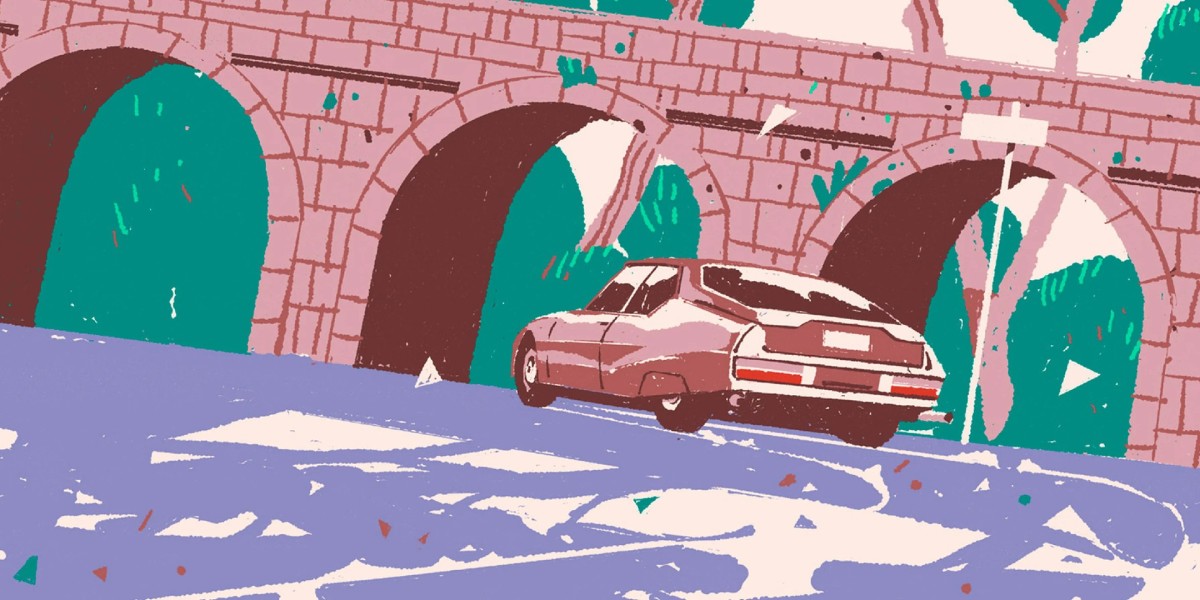The Controversy Over Apple’s App Store Policy
Apple has announced that it will remove the acclaimed indie narrative game Wheels of Aurelia from its iOS App Store on July 25, 2025. This decision has sparked a significant debate about Apple’s “outdated” app policy and how it affects cultural and artistic content. The Italian studio Santa Ragione, which developed the 2016 visual novel, shared the news through social media and developer platforms. They emphasized that the game has not received updates in over seven years but continues to function without issues on modern devices.
Studio co-founder Pietro Righi Riva attempted to appeal Apple’s decision twice and even had a phone call with the company. However, he was only told to appeal again. Santa Ragione argues that Apple’s policy, which targets apps that are outdated or receive minimal downloads, unfairly penalizes cultural content. Riva stated, “Removing fully functional artistic works simply due to infrequent updates undermines the value … of games as cultural and artistic products.”
Apple’s position is based on a policy introduced in 2016 as part of its “App Store Improvements” initiative. According to this policy, apps that have not been updated in over three years and show low engagement may be delisted after notification and a grace period. However, Santa Ragione claims that updating Wheels of Aurelia would require significant resources for minimal benefits, making continued support impractical.
In response to the delisting, the game is now available for free to download during a limited window before its removal on July 25. Wheels of Aurelia, which explores sociopolitical themes in 1970s Italy, remains accessible on other platforms such as PC, Switch, PlayStation, and Android.
This incident has reignited a broader conversation about Apple’s App Store curation. The central question is whether older software should be maintained indefinitely and how to balance cultural preservation with platform hygiene. As Riva pointed out, games—like books, music, and film—do not need constant updates to retain their artistic significance. He also urged for a fairer digital retail environment, especially considering EU regulations like the Digital Markets Act.
Apple’s decision to delist Wheels of Aurelia highlights the tension between app storefront policies and the realities faced by indie developers. The polished visual novel continues to function perfectly but faces removal due to its age and modest download figures. Santa Ragione’s protest frames the issue as cultural censorship, calling for a reevaluation of how digital platforms treat legacy creative works.
Even as the iOS version of the game disappears, Wheels of Aurelia lives on elsewhere, prompting reflection on the future of game preservation in app ecosystems. This case raises important questions about the role of digital platforms in preserving cultural artifacts and the need for more flexible policies that recognize the value of older, non-updated content.
The situation underscores the growing need for dialogue between developers, platform owners, and regulatory bodies to ensure that artistic and cultural works are not lost due to rigid policies. As technology evolves, so too must the frameworks that govern digital content, ensuring that creativity and heritage are not sacrificed in the name of efficiency or modernization.







